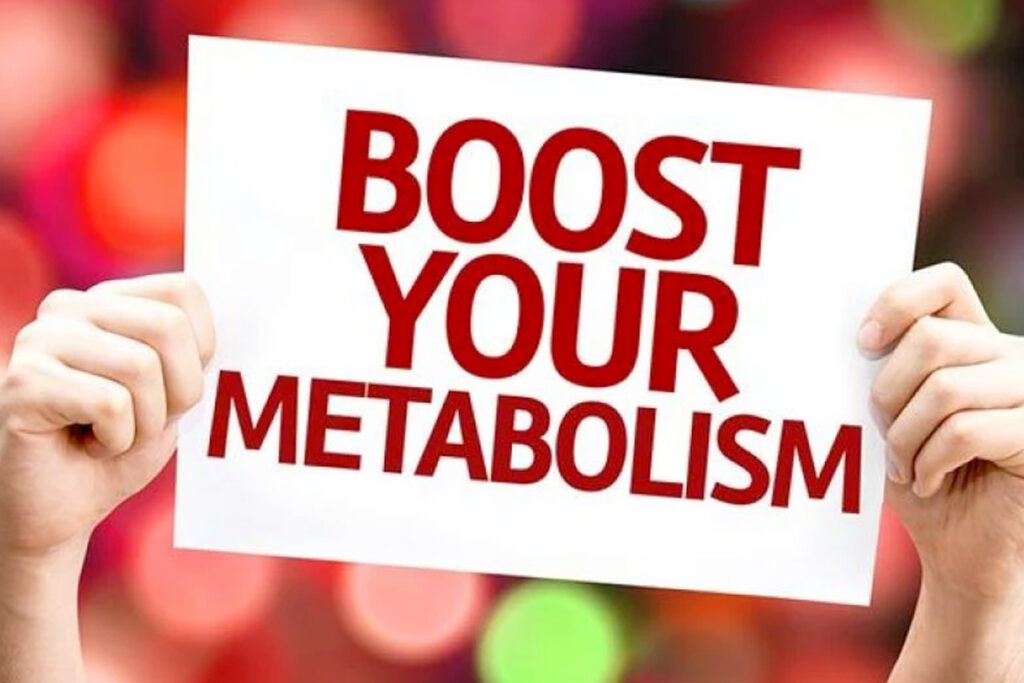The liver has many important metabolic functions. It converts the food and drink you consume into energy. It also breaks down toxic substances or makes sure they are released from the body. Here, we take a look at liver metabolism and how looking after this vital organ can improve yours.
Fat metabolism and the liver
Liver cells break down fats to produce energy and bile, a substance that is important for the breakdown and absorption of fats. Non-alcoholic fatty liver disease (NAFLD) is caused by a build-up of fat in the liver.
Carbohydrate and glycogen metabolism in liver
The carbohydrates you eat are broken down into sugar in your bloodstream. Your liver helps to ensure that the level of sugar in your blood stays within a safe range. When your blood sugar levels increase, eg, after a meal, the liver removes sugar from your blood and stores it in the form of glycogen. If your blood sugar levels dip too low, the liver breaks down glycogen and releases sugar into the blood.
Amino acid metabolism in liver
Amino acids are ‘building blocks’ that combine to form proteins. Liver cells change the amino acids in the foods that you eat so that they can be used to produce energy, or make carbohydrates or fats. Ammonia is a byproduct of this process. Liver cells convert this to a much less toxic substance called urea, which is then transported to your kidneys and is passed out in urine.
Cholesterol metabolism in liver
One of the important roles of the liver is to produce and clear both the ‘good’ and ‘bad’ types of cholesterol in your body. However, if your liver isn’t in great shape, it may not be able to perform this role, leading to raised cholesterol levels.
The role of liver in xenobiotic metabolism
The term ‘xenobiotic’ is used to describe a compound that’s foreign to your body’s natural biochemistry, such as a drug or a poison. After such a substance has been absorbed during digestion, it’s mostly metabolised in the liver.

Maintaining a healthy liver and boosting your metabolism
Looking after your liver supports its functions, including its metabolic roles, and can help your overall wellbeing.
- Try to follow a healthy lifestyle. Abstain from smoking and if you drink alcohol, only do so in moderation.
- Eat a healthy, balanced diet to help keep your liver in good shape and exercise regularly, as this can help to reduce liver fat.
- Limit direct contact with toxins from cleaning and aerosol products, insecticides, chemicals, and additives. When you do use aerosols, make sure the room is ventilated.



